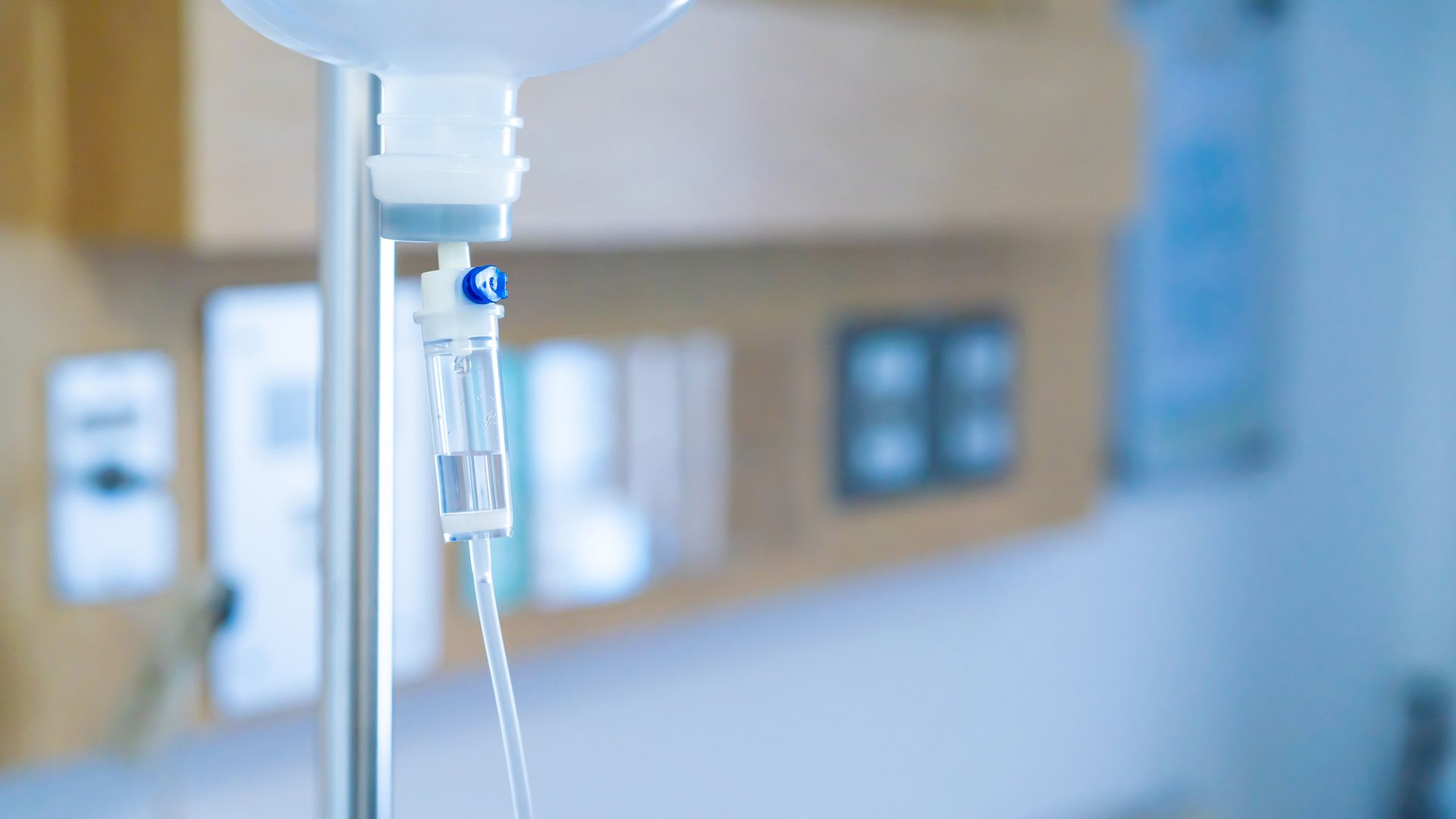Being diagnosed with an advanced form of skin cancer such as advanced basal cell carcinoma (BCC) can feel overwhelming, but there are a number of steps you can take right away to feel more in control.
Work with your healthcare team
This is the number one thing to do when you are diagnosed with any health condition, especially a form of cancer—work with your healthcare providers.
Advanced BCC should be treated by a multidisciplinary team that includes several healthcare providers with different specialties. The physician that made the initial diagnosis may refer you to a cancer care center or you may research cancer care centers in your area. Because advanced BCC is much less common than early-stage BCC, it is important to work with a healthcare team that has experience with this type of cancer.
Learn more about your diagnosis
It is important to learn more about your diagnosis. This includes learning about the type of cancer you have as well as the specific characteristics that are unique to your diagnosis. Because each case of advanced BCC is somewhat unique, your healthcare team is your best source of information.
- Ask your healthcare team if there are any patient education materials that can tell you more about basal cell carcinoma.
- Ask about additional tests and exams that you need that can tell you and your healthcare team more about your diagnosis.
- Ask about the different treatment options that are available, and the potential risks and benefits of different therapies.
- Ask about your treatment goals.
Look at your everyday habits
Treatment for advanced skin cancer can be physically and mentally demanding. Here are some strategies to help give you the best chance of success:
- Eat a nutritious diet. If possible, work with a registered dietitian to come up with an eating plan before, during, and after treatment. Treatments commonly used for advanced BCC can cause weight loss, changes in taste, and can result in malnutrition.
- Be physically active. Exercise is beneficial to physical and mental health. It may help ease feelings of anxiety and depression, something many people experience after a cancer diagnosis. It can also help ease fatigue, improve sleep, and ease the physical side effects of cancer treatment. Talk to your healthcare team about safe ways to exercise during treatment.
- If you smoke, quit. Also, avoid secondhand smoke. Smoking is not a known risk factor for basal cell carcinoma, but it is a risk factor for other forms of skin cancer. Smoking has also been shown to worsen side effects of cancer treatments. Smoking also greatly increases your risk of many other health conditions.
- Protect yourself from the sun. This may include wearing a hat and sunglasses to protect your face from sun exposure, wearing clothing that covers the skin, and wearing a broad spectrum (UVA and UVB protection) sunscreen with a minimum SPF of 30. Your healthcare team may have more specific recommendations. This can help prevent recurrence and complications.
Get organized
A cancer diagnosis comes with a lot of paperwork. Get organized as soon as possible, and come up with a filing system for:
- Documents related to your initial diagnosis
- Results of any follow-up tests
- Bills and insurance paperwork
- Treatments, procedures, or medications, including dates
- Documents related to your medical history, including other illnesses and health conditions
- Contact information for all your healthcare providers
- Receipts for any expenses incurred, which may help save you money if you are using an HSA or FSA
It can also help to keep a journal where you record how you feel day to day, questions you have for your healthcare team, and notes on your appointments and treatment.
Seek support
Living with cancer and undergoing treatment for cancer can take a toll on your mental health. Remember that you are not alone in this and there are people who can help. Consider talking to a counselor, oncology social worker, or other mental health practitioner (especially one who has experience treating people who are coping with cancer). You may also want to consider joining a support group where you can connect with others who are living with cancer.




